The journey of motherhood is often depicted as a blissful and fulfilling experience, but the reality can be starkly different for many. Postpartum depression (PPD) lurks as a hidden struggle for countless new mothers, casting a shadow on what should be a joyous time. We have uncovered 16 unspoken realities of PPD, a condition far more prevalent and serious than often acknowledged. By understanding these truths, we aim to shed light on this hidden struggle, offering support and insight to those affected.
1. Surprising Prevalence of PPD
Despite common misconceptions, PPD affects a significant number of new mothers – with estimates suggesting up to 1 in 7 women experience it. This startling prevalence shows that PPD is not a rare anomaly but a widespread issue that needs more attention and understanding.
2. Beyond “Baby Blues”
Often mistaken for “baby blues,” PPD is a more severe, persistent form of clinical depression. It’s a stark contrast to the mild, transient mood swings of baby blues, requiring medical attention and carrying more intense symptoms that can severely disrupt a mother’s life.
3. Debilitating Symptoms
PPD presents with debilitating symptoms like severe mood swings, persistent sadness, and in some cases, thoughts of self-harm or harm to the baby. These symptoms can be overwhelming, leaving new mothers feeling helpless and isolated.
4. Unexpected Early Onset
Contrary to popular belief, PPD can begin during pregnancy, not just after birth. This early onset is a surprising trend that highlights the need for proactive mental health support for expectant mothers.
5. Complex Causes
PPD is caused by a complex interplay of factors, including hormonal changes, genetic predisposition, and environmental stresses. This multifaceted origin makes PPD a condition that can affect any new mother, regardless of her background or history.
6. Impact on Mother-Child Bonding
One of the most distressing aspects of PPD is its impact on the mother-child bond. This condition can hinder the crucial emotional connection between a mother and her newborn, with potential long-term developmental implications for the child.
7. Life-Encompassing Effects
PPD affects all facets of a woman’s life, from her relationships and self-esteem to her career and overall well-being. This comprehensive impact is often underestimated, making PPD a condition that can redefine a woman’s experience of motherhood.
8. Not Just for First-Time Moms
Contrary to the common belief that PPD primarily affects first-time mothers, it can occur after the birth of any child. This revelation underscores the importance of ongoing mental health support for all mothers, regardless of how many children they have.
9. Fathers Are Not Immune
PPD is not exclusively a mother’s condition. New fathers can also experience postpartum depression, a surprising and often overlooked fact that highlights the universal challenges of new parenthood.
10. A Gap in Treatment Seeking
Despite the availability of effective treatments, many women with PPD do not seek help, often due to stigma or lack of awareness. This gap between suffering and support is a critical issue that needs addressing to ensure more women get the help they need.
11. Stigma as a Barrier
The stigma surrounding mental health, particularly in the context of motherhood, is a major barrier preventing women from seeking help. This stigma contrasts sharply with the real, human experience of PPD, creating an unnecessary obstacle in the path to recovery.
12. Long-Term Risks
PPD is not just a short-term challenge; without treatment, it can persist for months or even years. This long-term risk contrasts with the common misconception of PPD as a brief, post-birth issue, highlighting the need for early and effective intervention.
13. Increased Risk of Chronic Depression
Women who experience PPD face an increased risk of chronic depression later in life. This trend points to the long-term implications of PPD, making early detection and treatment even more crucial.
14. Physical Health Consequences
PPD can also manifest in physical health problems like chronic pain and sleep disturbances. These physical symptoms contrast with the often solely mental health focus of PPD discussions, underscoring the condition’s comprehensive impact on a mother’s health.
15. Isolation Exacerbates Symptoms
Isolation can worsen the symptoms of PPD, yet, paradoxically, PPD often leads women to withdraw and isolate themselves. This cycle of isolation and depression is a critical aspect of the condition that needs to be addressed through community support and awareness.
16. The Need for Awareness and Support
Raising awareness and providing support are essential in helping mothers overcome PPD. Through education and empathy, we can break down barriers and foster a supportive environment for those affected by this condition.
Postpartum Depression, Often Misunderstood
Postpartum depression is a complex, often misunderstood condition that affects many new mothers. By bringing these 16 truths to light, we aim to increase awareness and understanding of PPD. If you or someone you know is struggling with PPD, remember that help is available, and recovery is possible. Let’s break the silence around PPD and build a supportive community for all new mothers. Share this article to spread awareness and encourage those affected to seek the support they deserve.
Tamila McDonald is a U.S. Army veteran with 20 years of service, including five years as a military financial advisor. After retiring from the Army, she spent eight years as an AFCPE-certified personal financial advisor for wounded warriors and their families. Now she writes about personal finance and benefits programs for numerous financial websites.

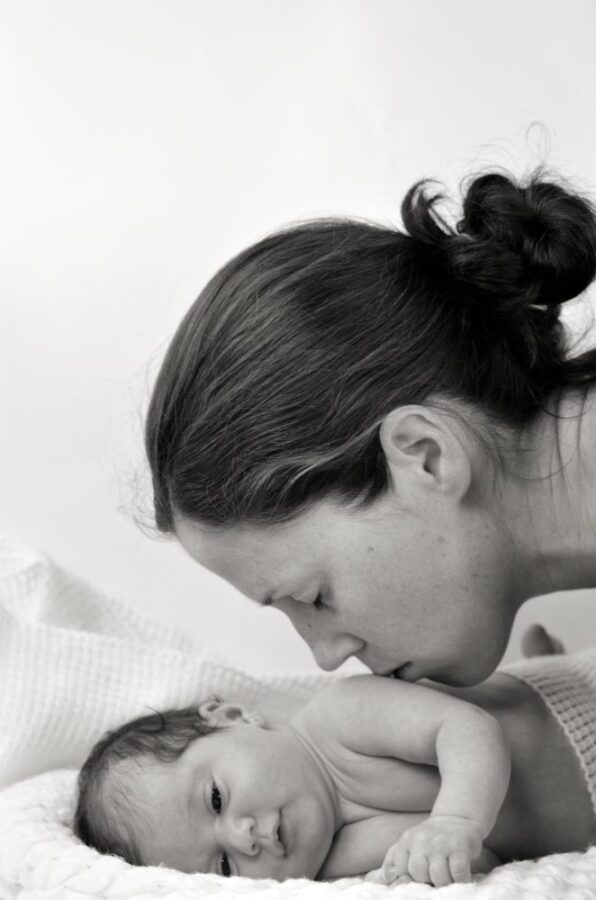
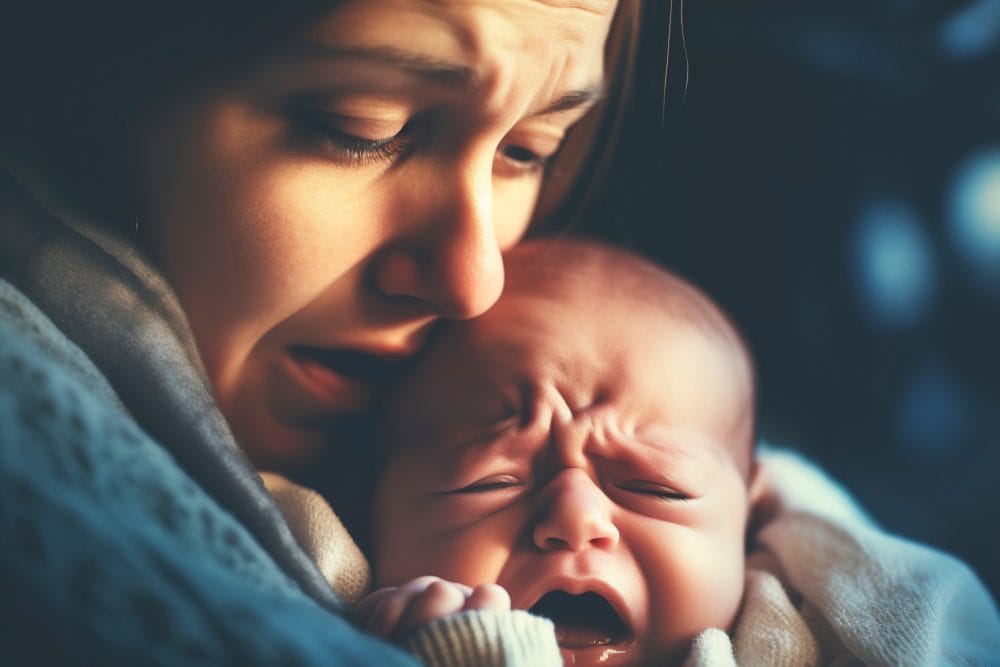


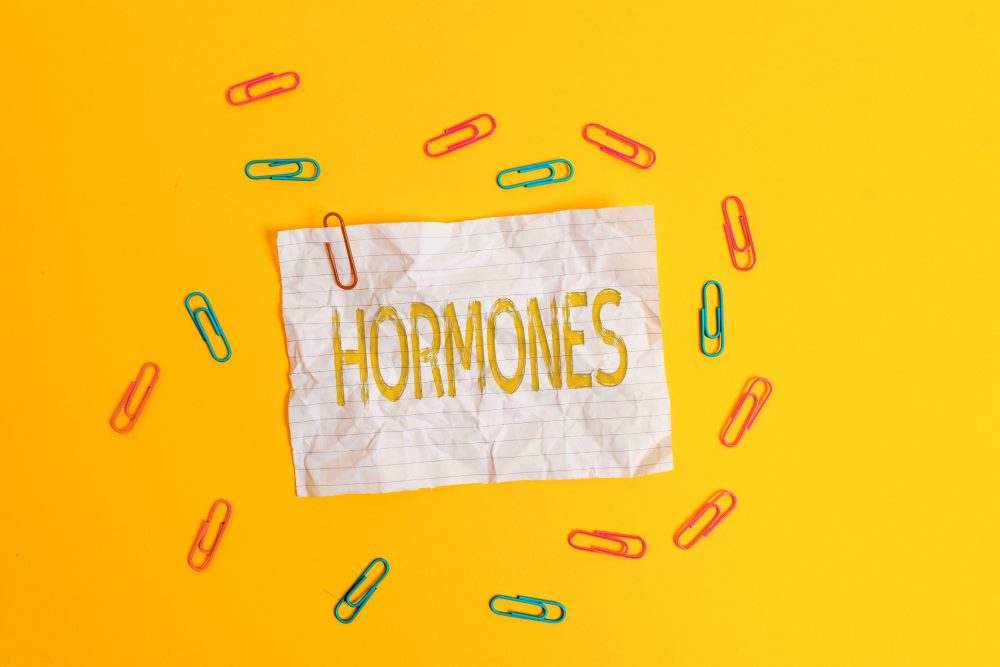





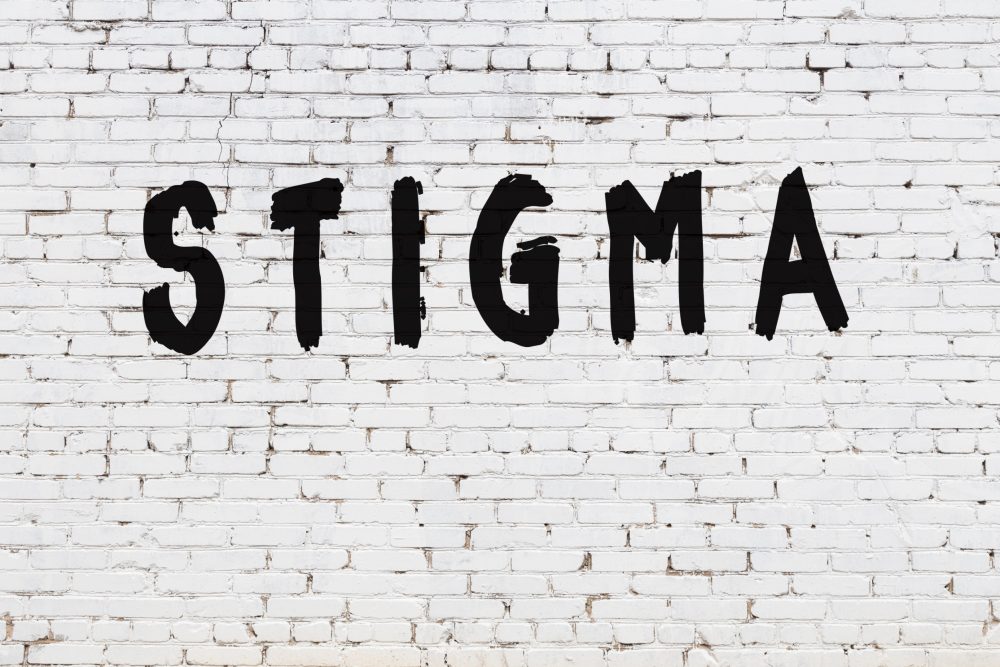
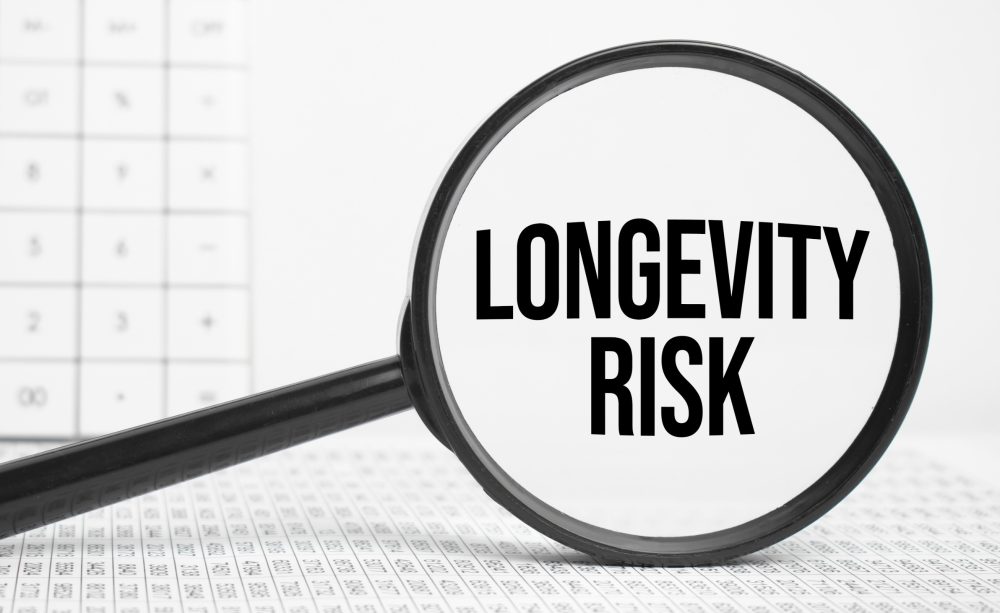



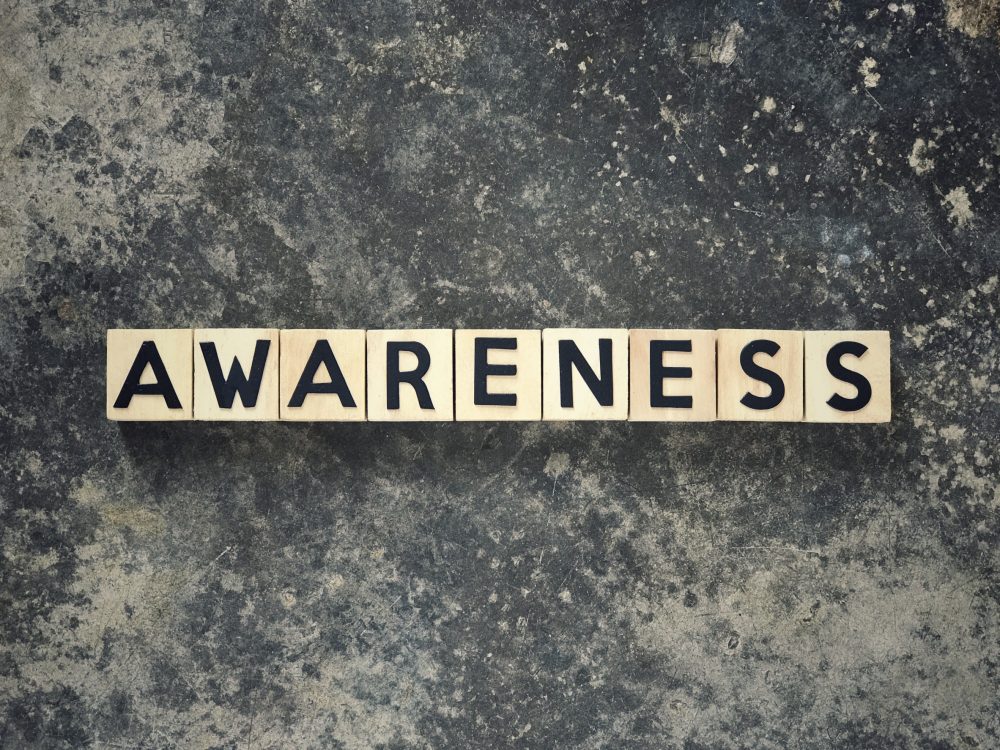

Leave a Reply